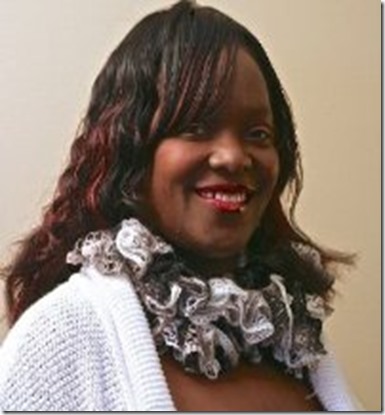
Editor’s note: Today’s article is written by Jordan Perez. Her bio is below the article.
Leaving the workplace can be a hard thing, but sometimes it’s a part of life. Needs in your family arise, and you are no longer able to carry the workload you did before. Your health can deteriorate, and it becomes a full-time job to figure out what’s going on and how to heal. Other personal reasons can lead to a time of unemployment, and once those end, you find yourself starting all over again with employment.
When it’s time to enter back into the workplace, there’s a lot of insecurity and unsure about exactly how to go about that. We compiled the best four tips for marketing yourself after being out of the workplace–what to do, what not to do, and how to get back into that dream job–enjoying it more than ever before.
1. Begin to view your hours during the day as working hours, even before you’re officially employed.
Getting back into the workplace takes work. Following the next three tips will require devoted time and effort on your part. One of the best ways to get back into the workplace is to begin to treat your daytime hours as working hours.
Guard this time from family, friends, and social expectations to make sure you have the time needed to educate yourself, network, apply for jobs, and interview.
It can be hard to do this when your friends and family may still see you as available and “unemployed”, so it may require setting firm boundaries and communicating your new routine and schedule to your loved ones so that they can know what to expect and how to best support you as you enter back into the workforce.
Marketing-wise, this will get you and your schedule ready to be free and available to meet for interviews, which will communicate to your future employers that you have no time obstacles in returning right into the workforce, and that you are already disciplined with your private time, which will make you a great and productive addition to their staff.
2. Re-educate yourself and find ways to improve your skill set.
After being out of the workforce for a period, your peers and former co-workers have the advantage of measurable growth and improvement during the weeks, months, or years they have continued in their places of work while you had other obligations.
Many of them are educated and trained in the latest software, have the latest contacts, and know which conversations are the hot topics around clients and bosses.
It’s vital to refresh and sometimes re-educate yourself in what’s new and needed in your field of expertise. With the extra time you have during the day to pursue employment, you can take crash courses in all of the necessary subjects and trends to make sure you’re not only up-to-date with your peers, but maybe even a step ahead because of the extra time you have to study.
Many places offer free online courses and certifications that can be reflected on your resume. A business coach in your field is a great way to not only learn the latest trends and invest in some one-on-one advice and counsel, but it can also be a great way to network with others in your field and find out the current tips and tricks for your workplace.
3. Improve your online presence.
This age is all about technology, and whether you like that or not, your online presence could need some brushing up, updating, and improving.
First of all, take a look at your private social media accounts. If you search for your name on the web, what do you see? Chances are, depending on your privacy settings, your personal life could be accessible to future employers, and any heated opinions or discussion held could negatively affect your ability to be hired. Better to keep private life private, so take a look at your social media accounts and delete things or adjust your privacy settings.
Second, take a look at your networking sites, mainly LinkedIn, to make sure that they currently reflect who you are and your areas of expertise. List current classes or certifications completed, volunteer work done, and educational books read. Start boldly interacting with your peers, former co-workers, and even those who are friends-of-friends and people that you think you’d like to get to know.
The more interaction you give these social media sites, the more you will pop up in others’ news feeds and minds. This can have a positive impact when you next interview for a job and someone recognizes you from a social media site because of the positive contributions you’ve made to discussions and interactions. Click here for further assistance.
4. Don’t feel the need to excuse your absence, but highlight your personal development.
When interviewing or getting together with old colleagues, don’t feel a need to explain the personal reasons for your time off. In the end, you don’t owe an explanation to anyone. Instead, make sure to spend some personal time thinking through how this absence has made you into a better person and employee, and the positive impact that this time in your life has had.
Sometimes, the most valuable employee are those with the interpersonal skills and gifts that come simply through living life and making it through all the ups and downs that can come at you–including taking time off from employment. Acknowledge the good that these times have brought about in your life, and leverage them in your conversations to show that they have not only improved you but made you into an ideal employee with both work and life experience.
Entering the workplace again after time off can be unnerving and scary, but the only person is thinking negatively about all of it may just be you. Following these four steps can give you the mindset shift needed to market yourself as the experienced, helpful, and necessary employee that companies need, and land you the job of your dreams.
About Jordan Perez
Jordan Perez is a human resource expert with over 10 years’ experience helping HR managers and employees create better work relations. She’s also an avid freelance writer who has been published in online magazines and cooperate websites. When she is not engaged in HR developments, she loves hitting the road to see new places.
- Web |
- More Posts(1)



